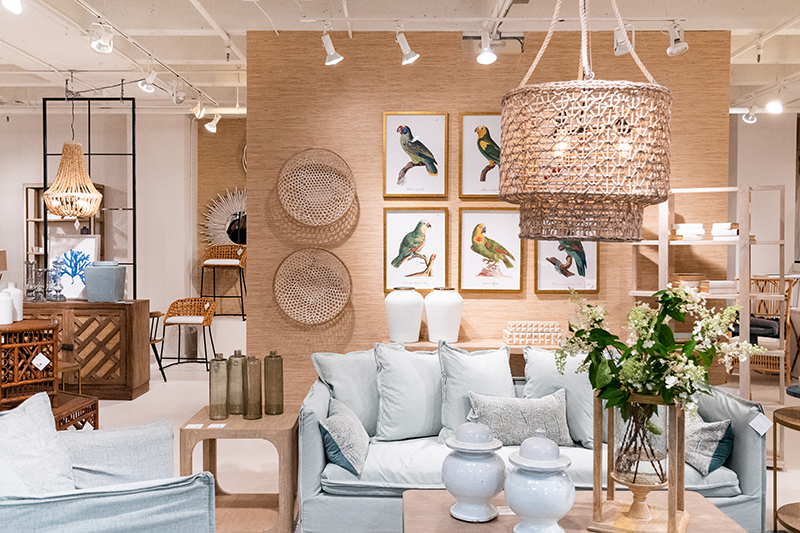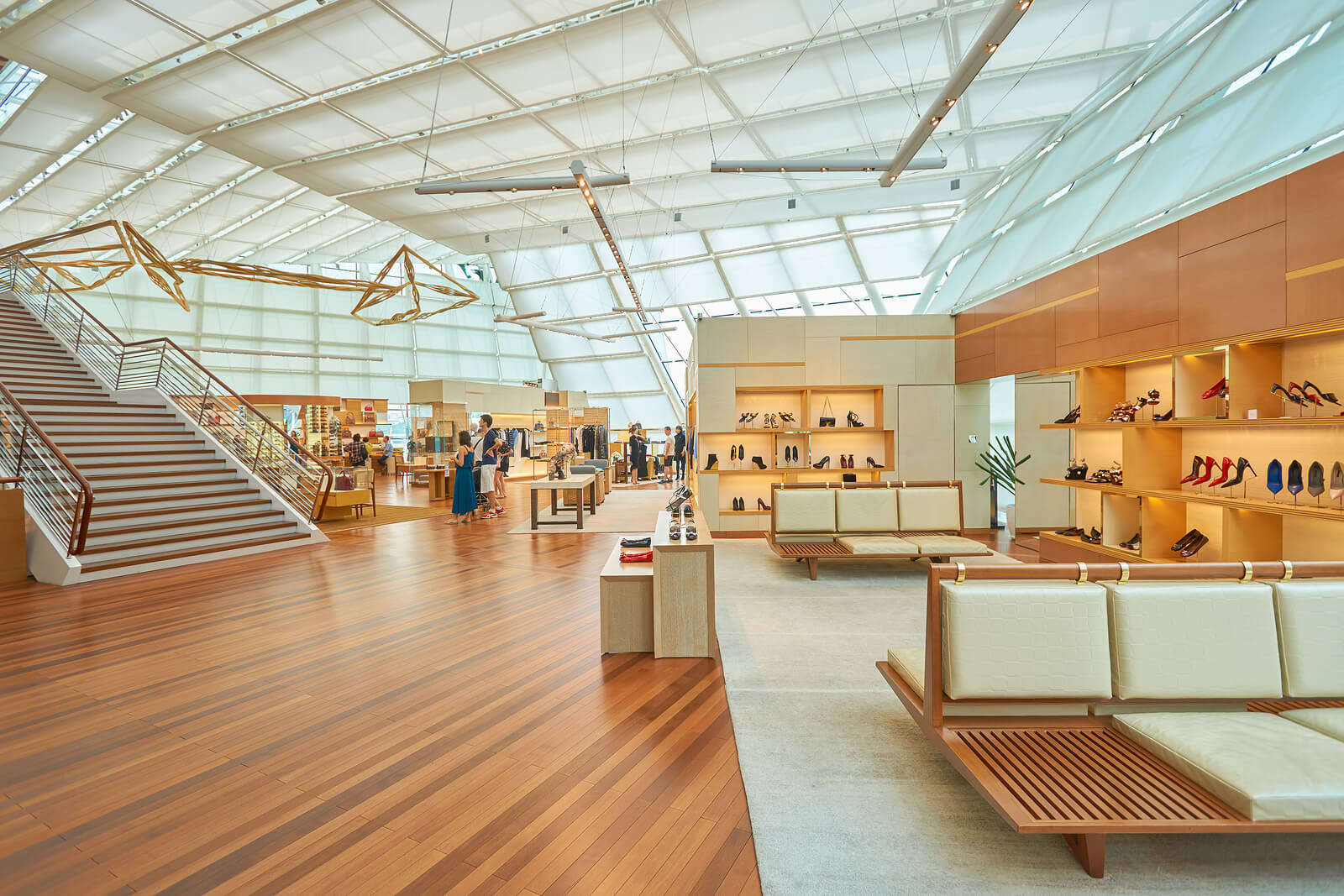Navigating the World of Home Decor Retail: A Comprehensive Guide
Related Articles: Navigating the World of Home Decor Retail: A Comprehensive Guide
Introduction
With great pleasure, we will explore the intriguing topic related to Navigating the World of Home Decor Retail: A Comprehensive Guide. Let’s weave interesting information and offer fresh perspectives to the readers.
Table of Content
Navigating the World of Home Decor Retail: A Comprehensive Guide

The home decor retail sector is a dynamic and ever-evolving landscape, offering consumers a vast array of products and services to enhance their living spaces. This industry plays a pivotal role in shaping personal aesthetics, fostering creativity, and contributing to overall well-being. Understanding the intricacies of this sector, from its diverse offerings to its evolving trends, is essential for both consumers and industry professionals.
The Evolution of Home Decor Retail:
The home decor retail landscape has undergone a significant transformation over the years. Traditionally, brick-and-mortar stores dominated the market, offering a tactile experience and personalized service. However, the rise of e-commerce has revolutionized the industry, providing consumers with unparalleled convenience and access to a wider selection of products.
Key Players and Market Segmentation:
The home decor retail market is characterized by a diverse range of players, catering to different consumer needs and preferences. Major players include:
- Mass Market Retailers: These retailers offer a wide range of products at competitive prices, targeting a broad consumer base. Examples include Target, Walmart, and IKEA.
- Specialty Retailers: These stores focus on specific product categories, such as furniture, lighting, or textiles, offering a curated selection and expert advice. Examples include Crate & Barrel, Pottery Barn, and West Elm.
- Boutique Retailers: These smaller, independent stores offer unique and handcrafted products, often with a focus on local artisans and sustainable practices.
- Online Retailers: These platforms offer a vast selection of products, often with competitive pricing and convenient delivery options. Examples include Amazon, Wayfair, and Overstock.
The Impact of E-commerce:
The rise of e-commerce has significantly impacted the home decor retail industry. Online platforms offer consumers:
- Convenience: Consumers can browse and purchase products from the comfort of their homes, 24/7.
- Vast Selection: Online retailers offer a wider range of products than traditional brick-and-mortar stores.
- Competitive Pricing: Online platforms often offer competitive prices due to reduced overhead costs.
- Personalized Experiences: Many online retailers offer personalized recommendations and curated shopping experiences.
However, e-commerce also presents challenges for traditional retailers:
- Competition: Online retailers have increased competition for brick-and-mortar stores.
- Lack of Tactile Experience: Consumers cannot physically interact with products before purchasing them online.
- Delivery Challenges: Shipping and handling can be complex and expensive, particularly for bulky furniture items.
Trends Shaping the Future of Home Decor Retail:
The home decor retail industry is constantly evolving, driven by changing consumer preferences, technological advancements, and global trends. Some key trends shaping the future of this sector include:
- Sustainability: Consumers are increasingly interested in sustainable and eco-friendly products, prompting retailers to offer sustainable materials, ethical sourcing, and eco-conscious packaging.
- Personalization: Consumers are seeking unique and personalized products that reflect their individual style. Retailers are responding by offering customization options, bespoke services, and curated shopping experiences.
- Technology Integration: Retailers are leveraging technology to enhance the customer experience, including virtual reality showrooms, augmented reality apps, and personalized recommendations.
- Experiential Retail: Retailers are creating immersive and engaging shopping experiences, focusing on storytelling, events, and community engagement.
The Importance of Home Decor Retail:
Home decor retail plays a crucial role in shaping living spaces and fostering a sense of well-being. By offering a wide array of products and services, these retailers empower consumers to:
- Express their individuality: Home decor allows individuals to create spaces that reflect their personal style and preferences.
- Enhance their living environment: By thoughtfully selecting furniture, lighting, and accessories, consumers can create functional and aesthetically pleasing living spaces.
- Improve their well-being: Studies have shown that a well-designed and comfortable home can positively impact mental and physical health.
- Support local communities: By patronizing local boutiques and artisans, consumers can support small businesses and contribute to the economic vitality of their communities.
FAQs about Home Decor Retail:
Q: What are the key factors to consider when choosing a home decor retailer?
A: When selecting a home decor retailer, consider factors such as product selection, price point, customer service, return policies, delivery options, and sustainability practices.
Q: How can I find unique and personalized home decor products?
A: Consider exploring local boutiques, online marketplaces, and social media platforms for unique and handcrafted items. You can also work with interior designers or decorators to create a personalized and bespoke look for your home.
Q: What are some tips for decorating my home on a budget?
A: Look for affordable furniture and accessories at mass market retailers, thrift stores, and online marketplaces. Consider DIY projects and repurposing existing items to create a unique and budget-friendly look.
Q: How can I make my home decor more sustainable?
A: Opt for furniture and accessories made from sustainable materials, such as recycled wood, bamboo, and organic cotton. Consider vintage or secondhand furniture, and choose items that are durable and long-lasting.
Q: How can I stay up-to-date on the latest home decor trends?
A: Follow home decor magazines, blogs, and social media accounts for inspiration and trend updates. Attend home decor shows and events to discover new products and trends.
Tips for Home Decor Retailers:
- Focus on Customer Experience: Provide excellent customer service, offer personalized recommendations, and create a welcoming and engaging shopping environment.
- Embrace Technology: Leverage technology to enhance the customer experience, including online shopping platforms, virtual reality showrooms, and augmented reality apps.
- Highlight Sustainability: Promote sustainable practices, offer eco-friendly products, and engage in responsible sourcing.
- Foster Community Engagement: Host events, workshops, and collaborations to build relationships with customers and local communities.
Conclusion:
The home decor retail sector is a dynamic and ever-evolving landscape, driven by consumer preferences, technological advancements, and global trends. By understanding the key players, market trends, and consumer needs, both retailers and consumers can navigate this sector effectively. Home decor retail plays a crucial role in shaping living spaces, fostering creativity, and contributing to overall well-being. As the industry continues to evolve, it is essential to embrace sustainability, personalization, and technology to create a thriving and engaging experience for all.








Closure
Thus, we hope this article has provided valuable insights into Navigating the World of Home Decor Retail: A Comprehensive Guide. We thank you for taking the time to read this article. See you in our next article!